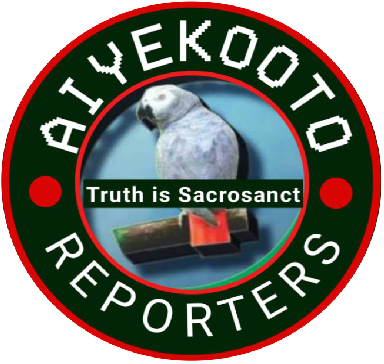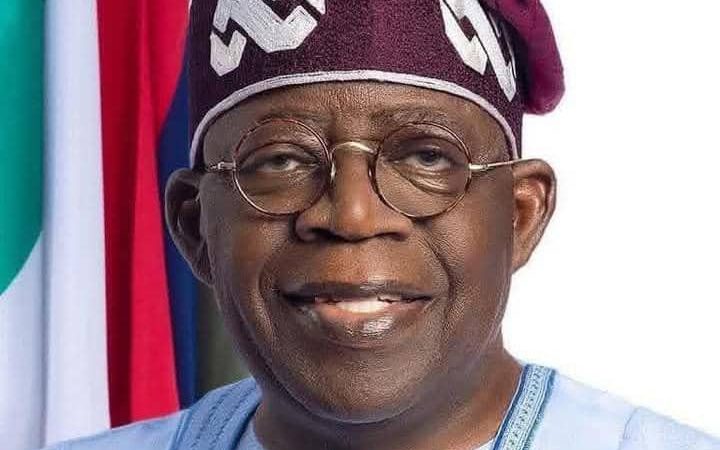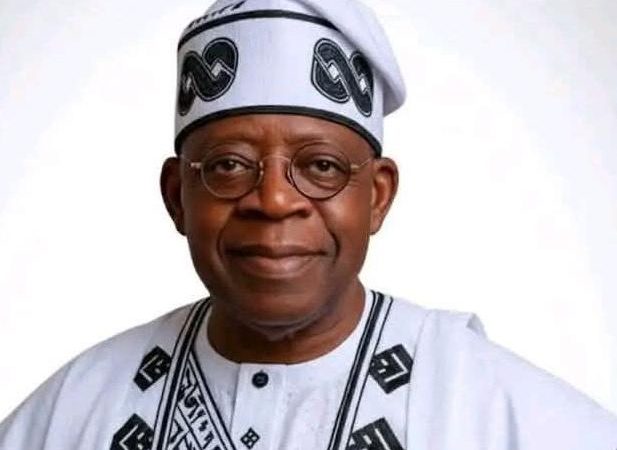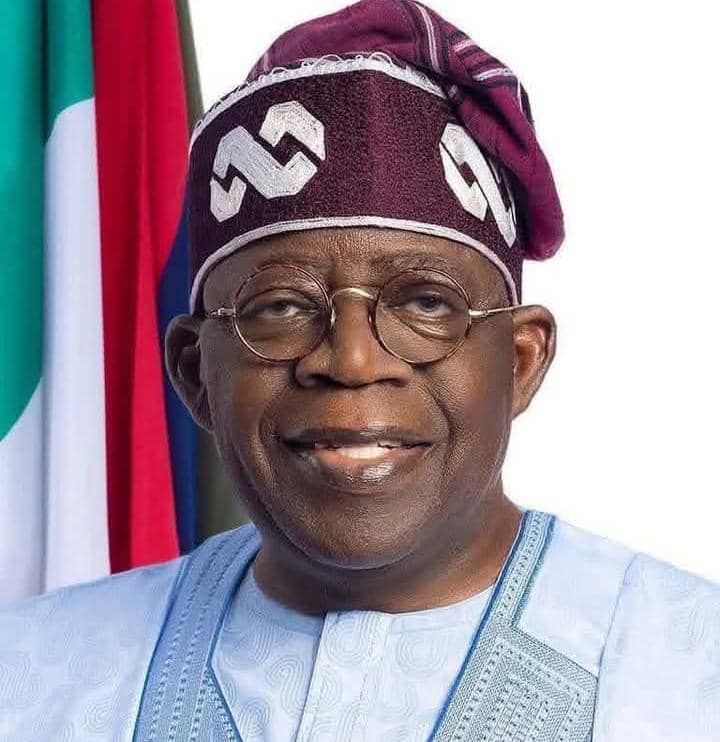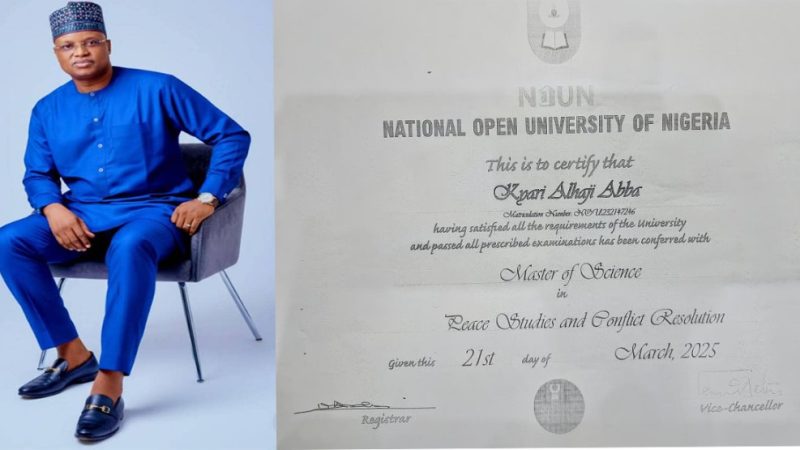Tinubu’s presidential pardon triggers public outrage
Last week, President Bola Tinubu, exercising his constitutional power of prerogative of mercy, pardoned 175 Nigerians convicted for various offences, ranging from drug trafficking to murder, armed robbery and illegal mining, among others, and who are serving various terms in prison, including death sentence.
Ordinarily, the President should be receiving accolades for such an action, but the reverse has been the case.
Tinubu has been under fire, particularly for extending such pardon to drug traffickers and murderers, who are supposed to serve long terms in prison and have only served barely two years.
The argument in some quarters is that the president’s action would only embolden others who want to peddle drugs illegally into believing that even when they are caught, they will only get a light punishment and eventually pardoned.
There are those who have argued that the president’s action runs contrary to the avowed government’s position against drug trafficking.
Those on this side of the argument believe that the much touted slogan of waging war against drug trafficking is just a veil cast on Nigerians.
Yet, there are others who are worried by how the outside world would perceive Nigeria. They are worried that the international community would see Nigeria as a trading hub and safe haven for drug traffickers.
The likes of former Vice President Atiku Abubakar, former Kaduna State Governor, Nasir el-Rufai, civil society organisation and political parties have all spoken out, condemning the President’s action and warning of its dire consequences for the country.
The ADC, in a statement by its interim national publicity secretary, Bolaji Abdullahi, yesterday said the President’s action undermines the country’s anti-drug efforts and encourages crime, as well as further tarnishes Nigeria’s image in the international community.
It stated that what President Tinubu did amounts to abuse of his prerogative of mercy to grant clemency to persons serving prison terms for drug related offences, especially when most of them have barely served two years.
Describing the pardon as pathetic and an act of immense national disgrace, he noted that officials of the National Drug Law Enforcement Agency (NDLEA) and other security agencies have taken grave risks to prosecute and secure convictions for drug offenders.
It argued that granting clemency to such convicts was nothing but a mockery of the efforts of gallant officers in the fight against narcotics and illicit drugs.
“According to official media statements, it appears that all it takes to get presidential clemency for even the worst of crimes in Nigeria, including drug trafficking, gun running and murderers is to show remorse and learn skills.
“Pardons and clemency are granted for their social utility and to correct perceived miscarriages of justice, and to convicts who have paid their debts to society. But we wonder what Nigeria stands to benefit from this act of clemency to convicts serving life sentences who have barely served two years.
“For the avoidance of doubt, Nigeria is still regarded as a major transit point for illicit drugs while we face a serious national pandemic of drug use, especially among our youths. Several reports have it that Nigeria’s drug use stands at an estimated 14.4 percent, almost three times the global average of 5.5 percent.
“For years, the National Drug Law Enforcement Agency (NDLEA) and other security agencies have risked their lives and limbs to combat this problem, dismantle illicit drug networks, intercept consignments, prosecute offenders and secure convictions.
“The men and women in these agencies have laboured under enormous risk and pressure to protect the public from the scourge of addiction, trafficking and related crimes that carry some of the harshest penalties in Nigerian law, precisely because of their devastating impact on public health, youth development and national security.
“Granting clemency to individuals convicted under such laws, therefore, strikes at the very foundation of Nigeria’s legal and moral stance against narcotics and makes a mockery of the gallant efforts of officers fighting the battle against narcotics and illicit drugs,” the party said.
On the implication of the president’s action in the international arena, the party also said: “These pardons also send reverberations beyond Nigeria’s borders.
“They undercut our standing among global partners in the fight against drug trafficking and give the unfortunate impression to the rest of the world that our country, under President Tinubu, has particular sympathy for drug dealers and that Nigeria is a risk-free jurisdiction for traffickers in narcotics.
“Make no mistakes, with this mass clemency for drug dealers, President Tinubu and the APC are redefining the standard of morality in our country. They are gradually transforming Nigeria into a country where anything goes; a country where even the worst of crimes attract no punishment beyond a few months of inconvenience for the criminal to show remorse.”
Similarly, in a post on his social media platforms, Atiku said the President’s action was not only reckless but it also emboldens criminality, stressing that as expected it provoked outrage across the nation.
He explained that ordinarily, the power of presidential pardon is a solemn prerogative, a moral and constitutional instrument designed to temper justice with mercy and to underscore the humanity of the state. When properly exercised, he said it elevates justice and strengthens public faith in governance.
“Regrettably, the latest pardon issued by the Tinubu administration has done the very opposite. The decision to extend clemency to individuals convicted of grave crimes, such as drug trafficking, kidnapping, murder and corruption, not only diminishes the sanctity of justice but also sends a dangerous signal to the public and the international community about the values this government upholds,” he lamented.
He noted that at a time when Nigeria continues to writhe under the weight of insecurity, moral decay and a surge in drug-related offences, “it is both shocking and indefensible that the presidency would prioritise clemency for those whose actions have directly undermined national stability and social order.
“Particularly worrisome is the revelation that 29.2 percent percent of those pardoned were convicted for drug-related crimes at a time when our youth are being destroyed by narcotics, and our nation is still struggling to cleanse its image from the global stain of drug offences.
“Even more disturbing is the moral irony that this act of clemency is coming from a President whose own past remains clouded by unresolved and unexplained issues relating to the forfeiture of thousands of dollars to the United States government over drug-related investigations.”
The presidential candidate of the Peoples Democratic Party (PDP) in 2023 added that it was no surprise that this administration continued to demonstrate a worrying tolerance for individuals associated with criminal enterprise.
He argued that, “A presidential pardon is meant to symbolise restitution and moral reform. Instead, what we have witnessed is a mockery of the criminal justice system, an affront to victims, a demoralisation of law enforcement and a grave injury to the conscience of the nation.
“Clemency must never be confused with complicity. When a government begins to absolve offenders from the very crimes it claims to be fighting, it erodes the moral authority of leadership and emboldens lawlessness.
“Nigeria deserves a leadership that upholds justice, not one that trivialises it.”
However, for el-Rufai, the President’s action was not that of compassion as many would think but that of a reunion of people of like minds.
Writing on his Twitter handle, he said: “For a president once accused of forfeiting $460,000to the US authority in a drug linked investigation, pardoning drug dealers feels less like compassion and more like a class reunion of cartel alumni association.’
Even the presidential aides were not left out in the condemnation.
The Special Adviser on Policy Communication in the South East to the President, Josef Onoh has also called on President Tinubu to revoke the pardon, particularly that of Maryam Sanda who committed murder for killing her husband and other convicted drug traffickers
In a statement, he said: “It is morally wrong to extend mercy to such offenders. It is a rape of justice that is capable of damaging Nigeria’s international reputation.”
He argued that the decision contradicted the principle of rule of law as enshrined in the 1999 constitution and international norms like the Universal Declaration of Human Rights.
“This act, while constitutionally permissible, contravenes the moral imperatives of retributive justice and restorative equity.
“It inflicts psychological trauma on victims’ families, perpetuates systemic injustice and erodes the deterrence mechanisms essential for societal stability,” he stated.
He argued that pardoning Sanda undermines the intrinsic value of human life and the principle of accountability, while granting clemency to drug traffickers signals a moral abdication that normalises predation on society’s most fragile members.
“Nationally, this portrays Nigeria as a haven for impunity and deters foreign investment in a country already battling reputational deficits from corruption.
“Internationally, it undermines Nigeria’s credibility with institutions like the UN Office on Drugs and Crime, which has commended the country’s anti-narcotics efforts,” he stated.
